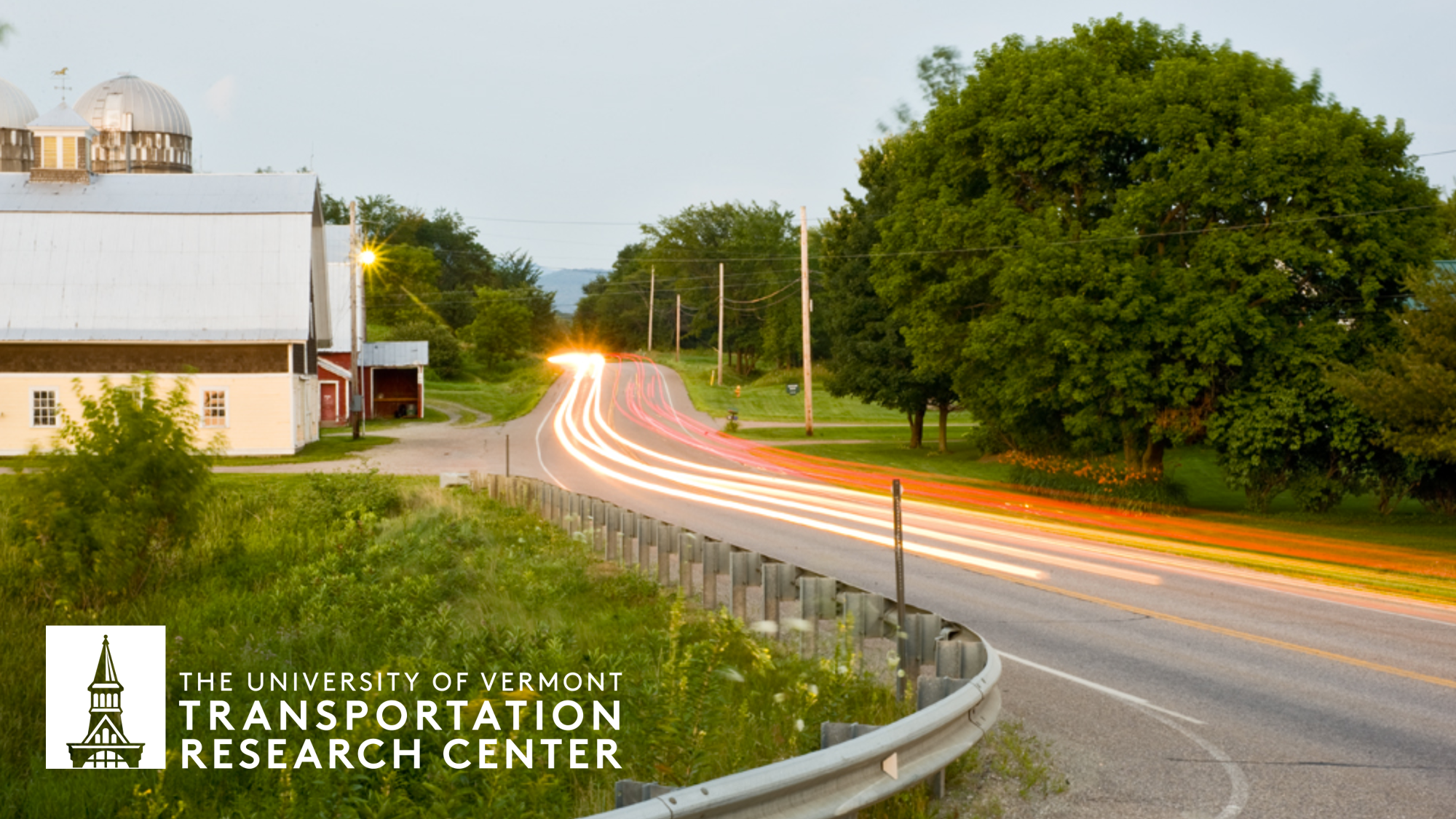
University of Vermont Transportation Research Center
Document Type
Report
Publication Date
6-20-2015
Abstract
Bikesharing programs are an increasingly popular potential solution to many of the transportation sustainability challenges that cities face. The environmental and economic aspects of sustainability for bikesharing has been discussed extensively. While critical to overall success, the social equity aspect of bikeshare sustainability has been considered but not quantitatively assessed. This study finds that there is an inequitable distribution of bikeshare access among the population groups in US cities. This spatial analysis compares social and economic characteristics of US Census Bureau block groups based on the American Community Survey for areas within and outside of bikeshare service areas in seven cities. The locations of bikeshare stations were used to define the bikeshare service areas by creating a 500 meter buffer around each station in ArcGIS. Using a Student’s t-test to compare the means of socioeconomic characteristics inside and outside of the bikeshare service areas, significant differences in access based on race and income variables were found in Boston, Chicago, Denver, Seattle, and New York City. Moreover, in Chicago, New York City, Denver, and Seattle, there was also a difference in the education level variables. The inequity in bikeshare access should be addressed by planning agencies and local governments. Corrective actions include public subsidies for stations in low income neighborhoods and educational resources.
Recommended Citation
Aultman-Hall, Lisa and Ursaki, Julia, "Quantifying the Equity of Bikeshare Access in US Cities" (2015). University of Vermont Transportation Research Center. 267.
https://scholarworks.uvm.edu/trc/267

